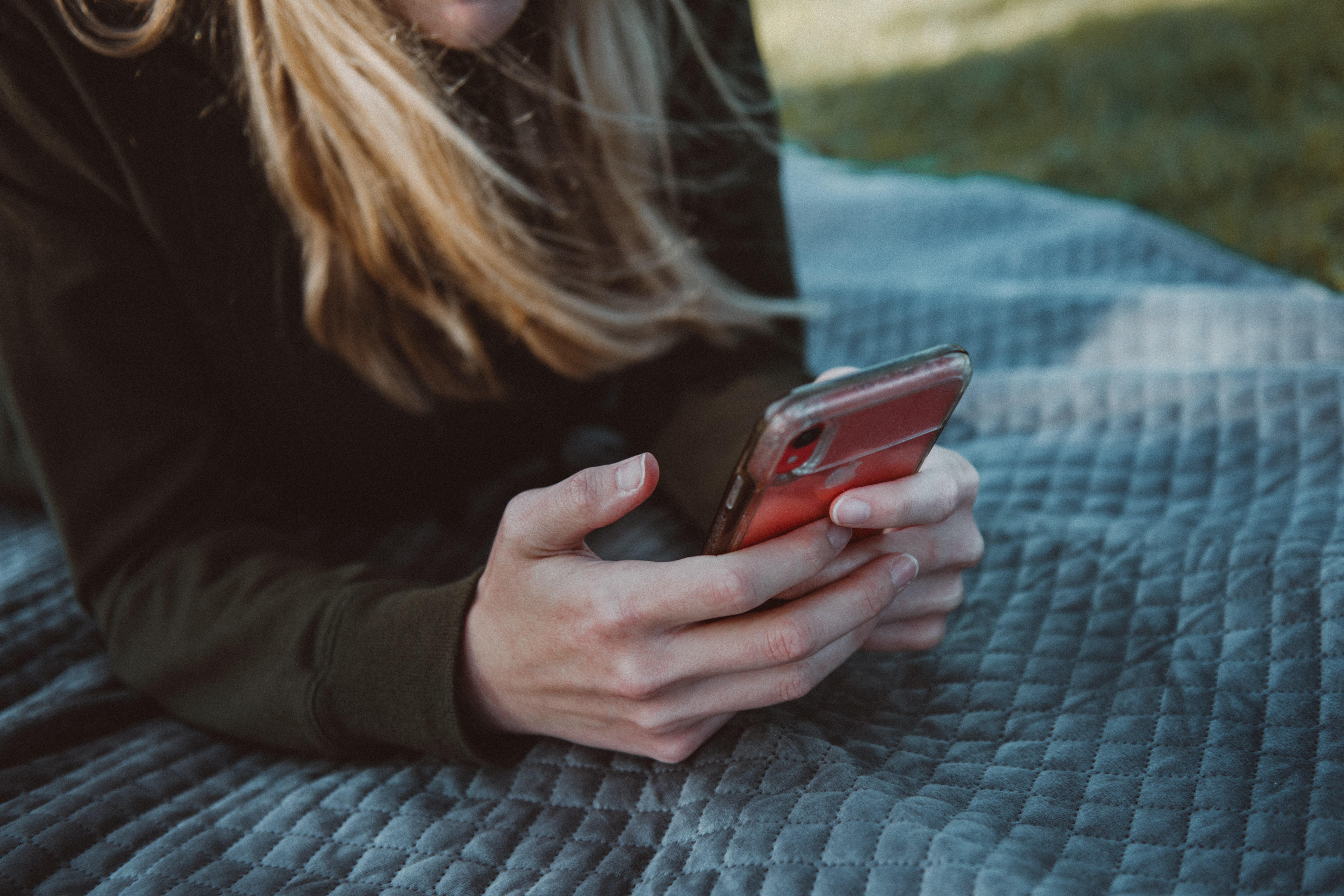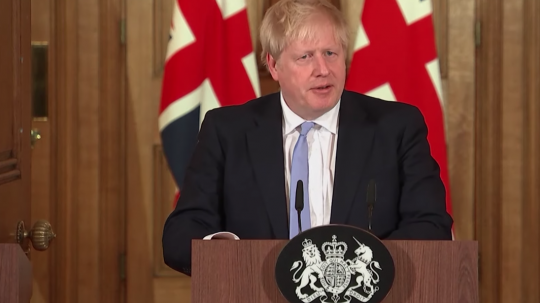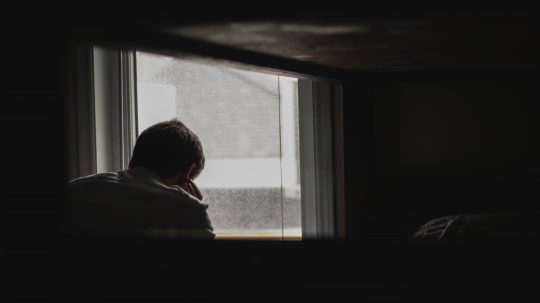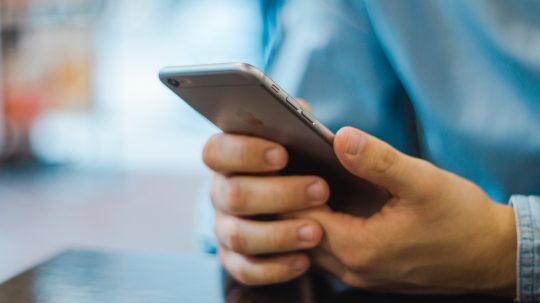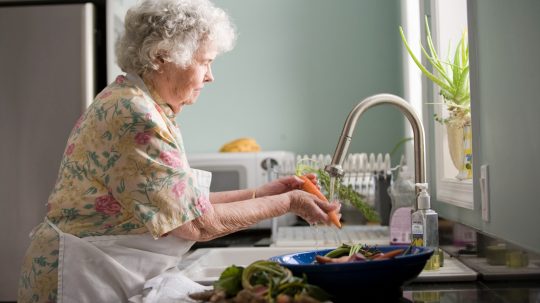Around 60 percent of the UK public will need to use the NHS’ Covid-19 contact tracing app for it to effectively quell the outbreak. But it has been warned that uptake will depend on whether the app “gives reason to be trusted”. EachOther asks experts their views on how trust is being earned and eroded.
Just imagine, you’ve returned home from your government-advised daily form of exercise and, as you swiftly wash your hands, your mobile phone goes off.
It is not your typical breaking news alert or a text from your local mutual aid group, but a warning that you’ve crossed paths with someone who believes they have developed Covid-19 symptoms. You’re told to get tested and self-isolate for up to two weeks.
From Thursday (7 May), this scenario is likely to become part of the “new normal” for many of the more than 141,000 people living on the Isle of Wight.
The island has been selected for the first major test of the NHS Covid-19 app, before it is eventually rolled out across the UK. Officials hope it will help with the easing of lockdown restrictions, slowing the community transmission of coronavirus by tracking each and every case of it.
Some have called into question how suitable the Isle of Wight is to be the app’s testing ground. Mobile phone signal in some areas is patchy. The population is also overwhelmingly white and almost a third of people are over the age of 60, according to the 2011 census. This is a vastly different demographic profile to some of the areas where the virus is having its worst impact. Official figures show that black people are four times more likely to die of the disease than white people.
However, the NHS has said the island was chosen because it has “a geographically defined area with a population size that enables [it] to evaluate the contact tracing and testing services effectively before rolling it out across the rest of the country”.
Nevertheless, most of the island’s residents reportedly have “tremendous enthusiasm” for this new innovation, according to Conservative MP Bob Seely. A poll run by one of the island’s local papers found that three quarters of more than 3,000 readers intend to download it.
Among them is John Molyneux, 73. While aware of privacy concerns, the former stockbroker told EachOther: “If it helps the whole country to get a pattern [of the spread of the infection] – I don’t care if the government can see me. I trust them.”
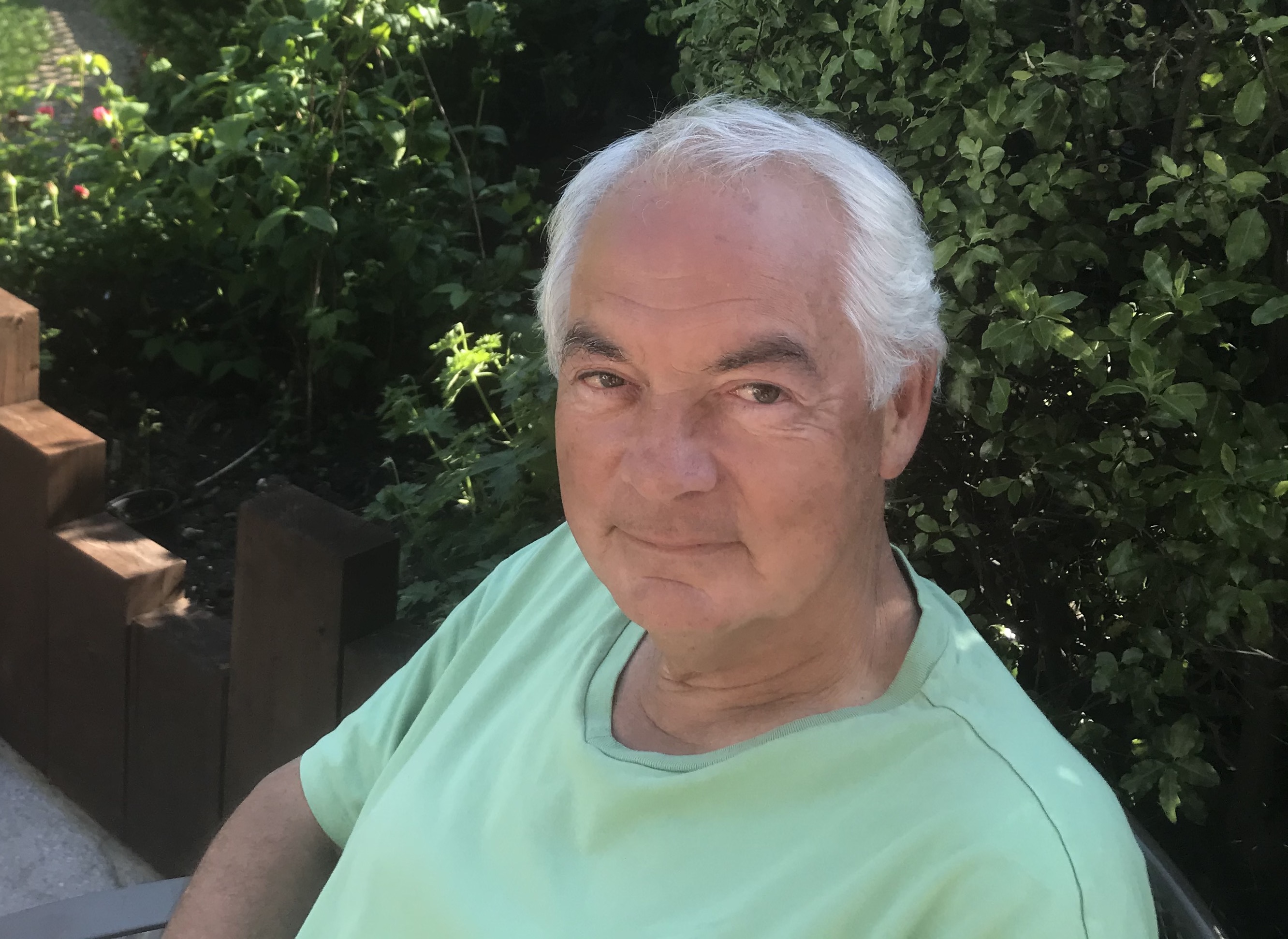
Isle of Wight resident John Molyneux. Credit: Supplied
But not everybody shares the same outlook. One Twitter user called Jonathan Iles said on Tuesday that he was feeling “a bit dubious” about the app and the thought of having to self-isolate if an algorithm deems him close enough to someone “who reports so much as a sniffle”. “Are they going to test someone reportedly feeling unwell before ordering to self isolate?” he asked.
Meanwhile, a local blogger complained of a “lack of information” on how the app will work and what its implications will be – leading to people “making it up”.
A key test will be whether the app is trusted enough to be downloaded and used by the required number of people to have any effect. This has been highlighted in an open letter signed by IT security and privacy experts and acknowledged by Matt Gould, the CEO of NHSX, the health services’ digital innovation arm.
“To earn that trust, we will continue to work based on transparent standards of privacy, security and ethics,” Gould wrote in a blog post. We spoke to experts to hear their views.
Should it be “decentralised”?
Concerns are principally around the NHS’ decision to build a “centralised” app, which sends anonymous data back to the health service to help with modelling the spread of the disease. It is feared this data could be de-anonymised and used for extensive state surveillance.
The NHS’ approach contrasts with that taken by Apple and Google, where matches are performed on users’ mobile phones in a decentralised model which is said to provide greater privacy.
A report by a team of British lawyers has said that there could be “epidemiological reasons that may support the need for a centralised system” – but that these need detailed justification in order to comply with human rights and data laws.
The NHS has since asked a team of software developers to investigate whether the app could be changed to meet Apple and Google’s decentralised standard.
What happens after the pandemic ‘ends’?
A way the government can build trust in the app is to introduce a legal sunset clause setting out how it will be dismantled and data deleted at the end of the pandemic, according to researcher Aidan Peppin.
Peppin works at the Ada Lovelace Institute, a think tank examining the ethical and societal implications of emerging technology, which has issued NHSX and the government a report setting out a “route to a trustworthy digital contact tracing”.
What counts as the end of the pandemic must be also clearly defined in law, he added. “Otherwise it leaves the door open for the app to be used indefinitely,” he said.
In a letter to parliament’s human rights committee, health secretary Matt Hancock has indicated that the government does not consider it necessary to introduce new legislation to build and deliver the app.
“Our research has shown us that there is a lot of trust in the NHS but very little in big tech,” Peppin added. “What this app signifies is a tension between the two.”
He added: “For any level of uptake there needs to be really good transparency on the data this app collects, who has access and how it will the government and NHS make the right decisions. It will have huge implications for people’s liberty.”
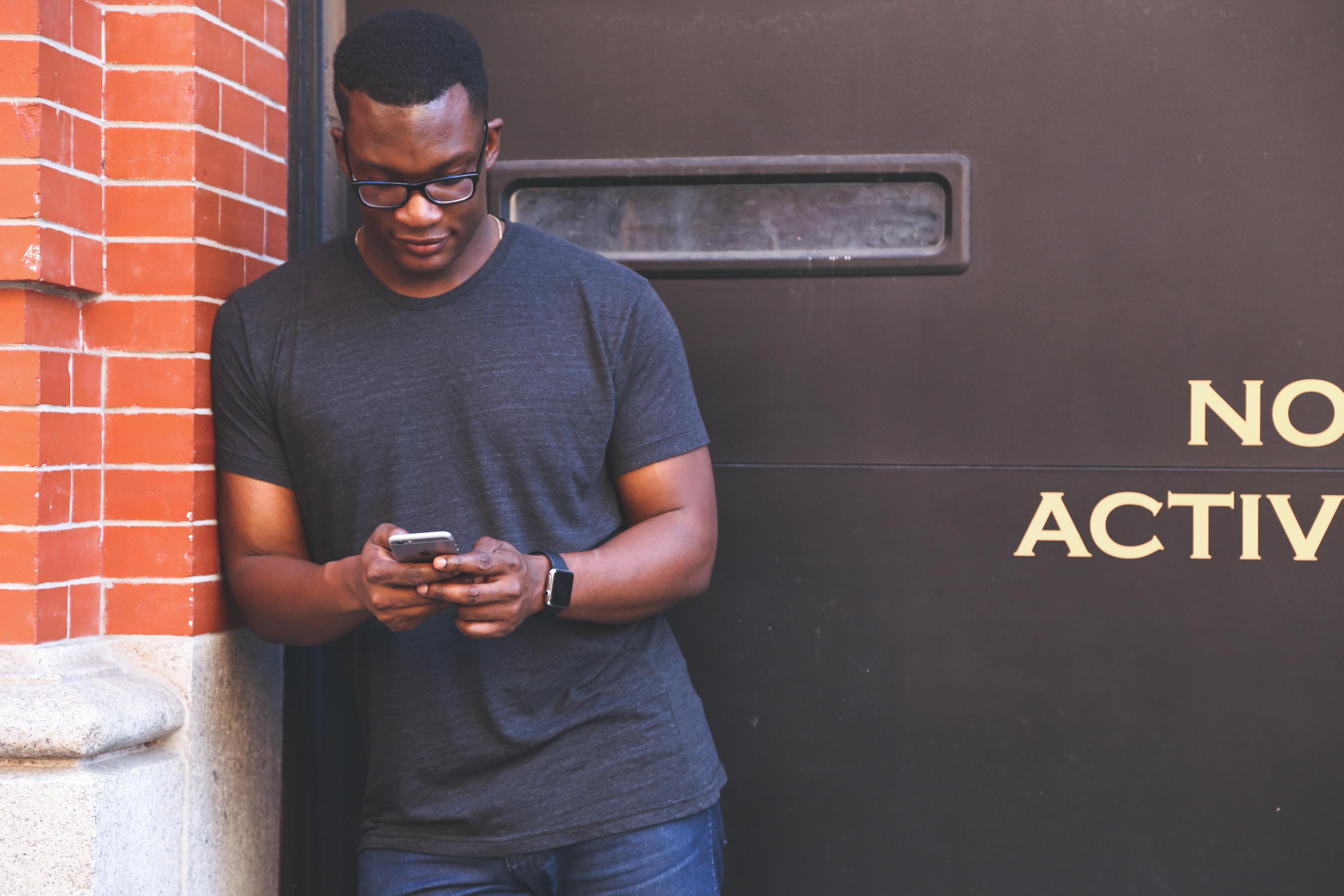
Who is going to trust it?
Ethnic and socio-economic factors may also play a part in what sections of society are most likely to trust the app, Peppin added.
He said that research the think tank has conducted into the use of biometric technology in law enforcement, such as facial recognition, shows higher levels of mistrust among people of BAME background. This is due to experiences of discriminatory policing as well as the potential for biases in society to become amplified by algorithms.
One area of concern is that the app is more likely to generate false positives for users living in densely populated areas, who are more likely to be poorer or of a BAME background.
False positives can occur when people are notified that they have been in contact with someone who has Covid-19 symptoms when they were separated by a wall, but the phone’s Bluetooth signals failed to register this. That could erode the app’s credibility and trustworthiness – especially for people who are unable to work from home.
“At the moment I don’t trust it and I would encourage others not to trust it. I would encourage a low take up of the app.
Prof Paul Bernal, University of East Anglia
How will we know if the app is successful?
Another way in which trust can be established in the app is by setting out clear criteria to help determine whether or not it has been successful, according to Professor Paul Bernal, a specialist in information technology law.
“Without a clear criteria for success, the government and media will try to present this app as a success no matter the outcome,” said the University of East Anglia academic.
Bernal is currently opposed to the app. “At the moment I don’t trust it and I would encourage others not to trust it. I would encourage a low take up of the app.”
Among his concerns is the app’s vulnerability to malicious false alerts; a lack of transparency around those involved in its development; the risks of ushering in greater surveillance and a tendency to think that tech, rather than hard work, can solve all our problems.
He added that the extra effort involved in carrying out human contact tracing ensures only the most essential data is being collected. “[The app] makes the data available in an easy analysable form that can be aggregated and used for a different purpose,” he said. “That would not be possible with normal tracing one by one.
While the NHS has promised to open up the app’s source code to public scrutiny, it has not yet done so. “It should have been opened up well before – rather than being presented as a fait accompli so if you have any problems it is too late to do anything about it,” he added.
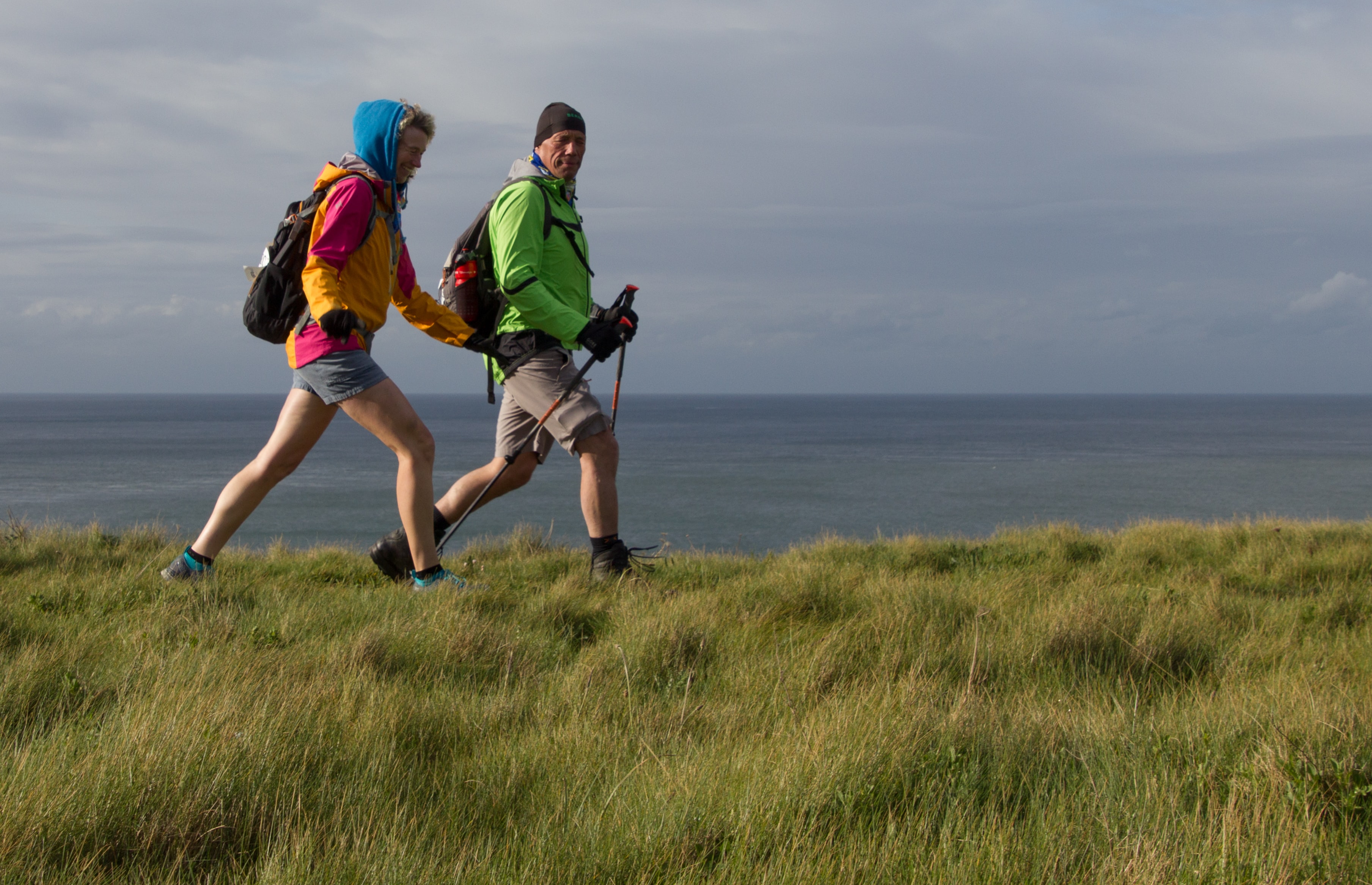
The NHS is testing the app on Isle of Wight residents. Credit: Unsplash
‘People want to protect the NHS’
Professor Eivor Oborn, a specialist in health management at Warwick Business school, has a more optimistic view.
“I think a lot of people will be persuaded to use the app because they want to protect the NHS,” she said. “There is a lack of information and that lack of information is costing a lot of deaths. You don’t get that information without collecting it.”
However she added that there is a lack of clarity and a lack of openness about how the app works, how it will help and the process of its development. “There needs to be more of a psychological contract between the government and the public, as well as bringing in the voice of the NHS on whether they feel this will help them,” she said.
Research has shown that people are willing to share personal health data when they receive significant value in exchange, she said.
She felt that some of the privacy issues around the app are being brought up in an “underhanded way” which serves Apple and Google’s commercial interests. “They are not showing how many privacy issues we already have,” she said. The government and NHS already possess a lot of data about people, such as their medical records, their addresses and income.
Does the app work?
Professor Jon Crowcroft has more than 20 years experience in app development and is contributor to Cambridge University’s Trust and Technology Initiative’s work on the Covid-19 crisis.
He believes that the discussion around privacy and centralisation may seem “irrelevant” to general public and the key test will be in how well the app functions. “That is going to be the biggest barrier,” he said.
A similar Covid symptom tracking app designed by Kings College London has been downloaded almost 3 million times with little publicity, he highlighted. Although this still constitutes less than 4.5 percent of the population.
But it has been reported that the phone may not function well on Apple devices – requiring users to keep their phone unlocked and the app constantly running in the foreground. Some Isle of Wight residents have also said that the app is draining their phone battery at a faster rate.

